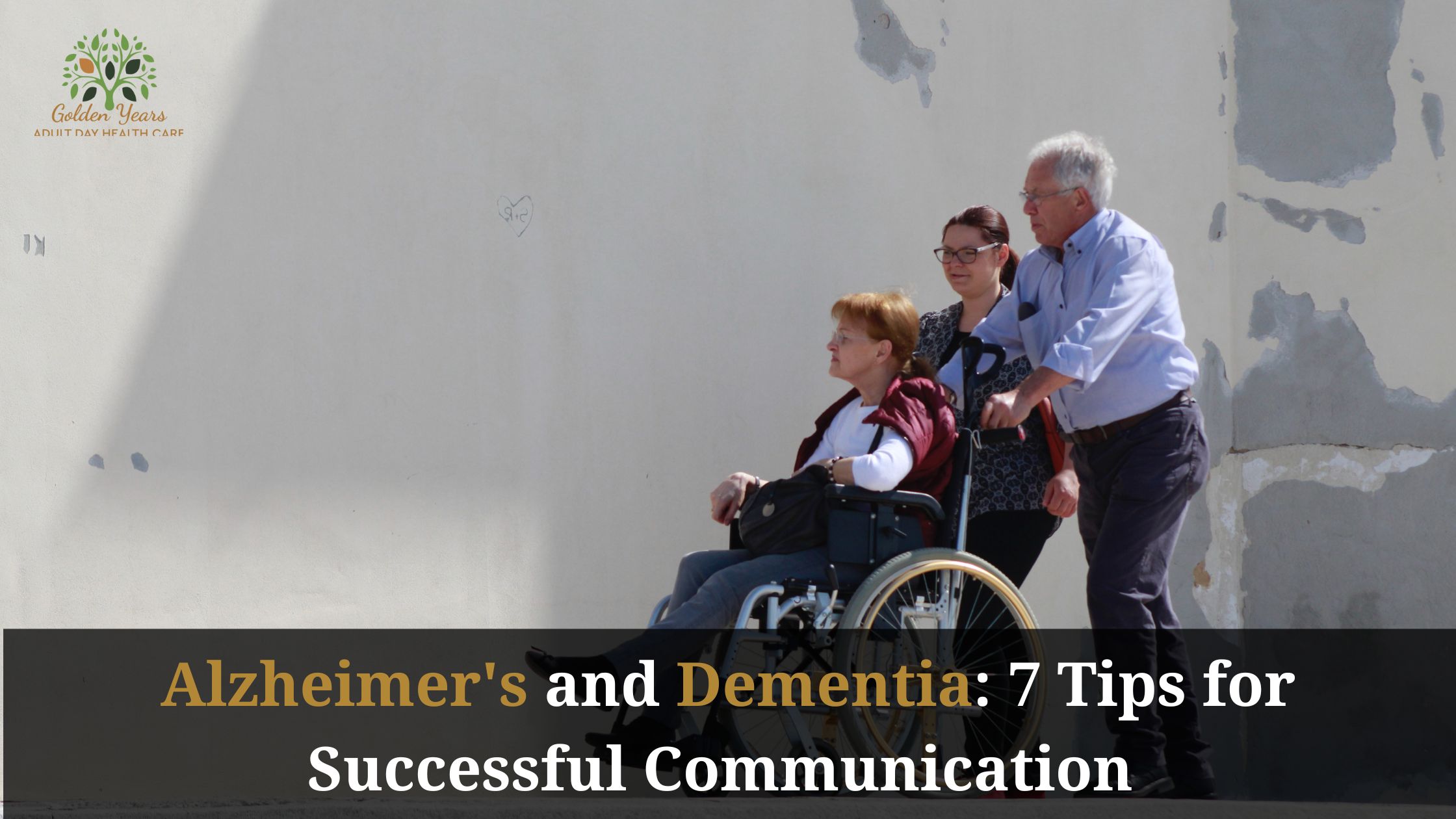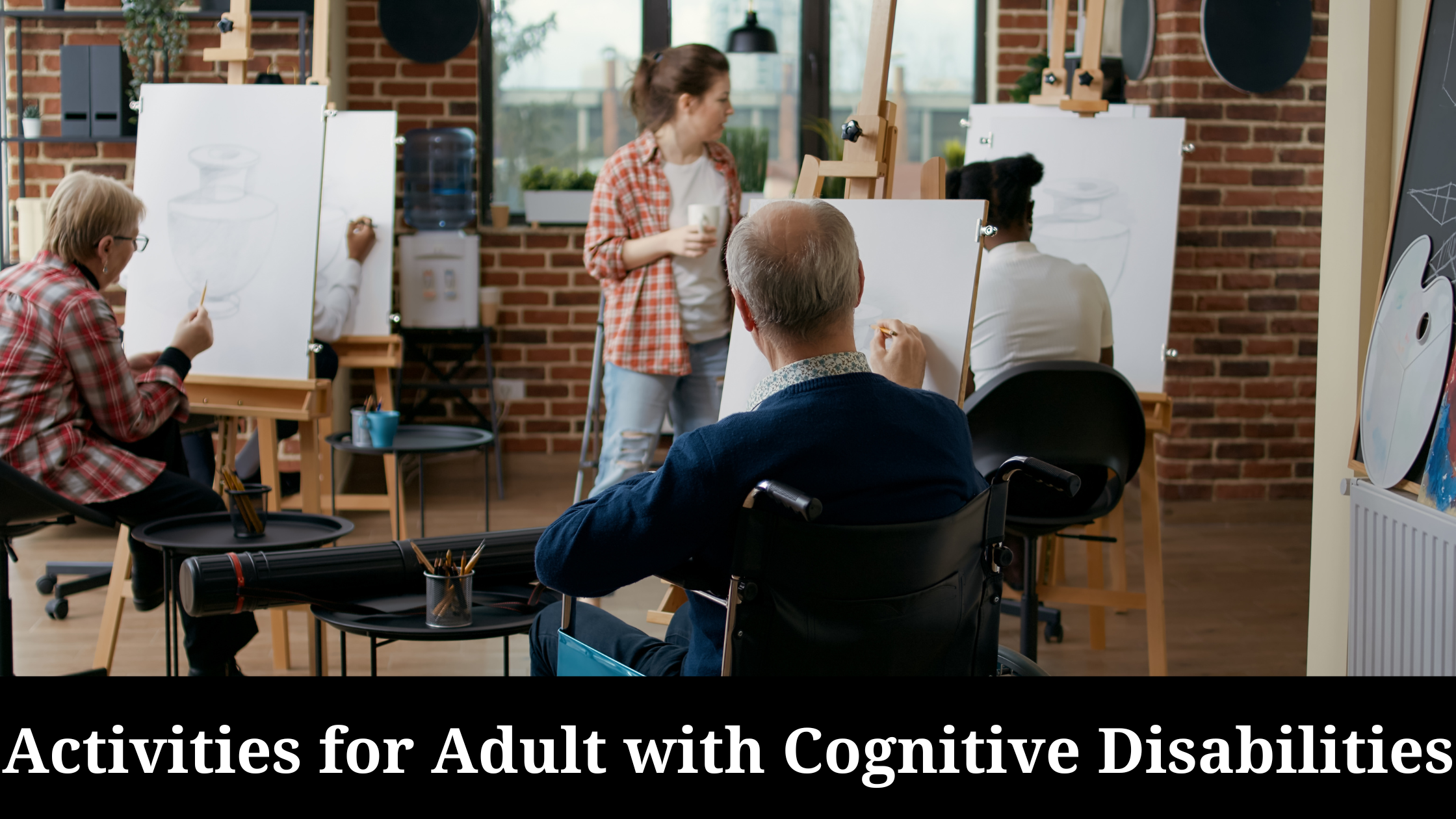Alzheimer’s and dementia: 7 Tips for Successful Communication
by goldenUser ,November 15, 2022



Caring for a parent with a failing memory can be difficult for everyone involved. The effects it may have on your emotions could be disastrous. You’ll probably observe a sharp decline in their capacity for communicating. They might even become furious while having a casual discussion. In other instances, they could not recognize you or your family members. Even though it may seem challenging, there are ways to interact with and develop relationships with people with dementia or Alzheimer’s. Find out more by reading on.
Showing Patience and Compassion
Both patients and their relatives experience frustration due to dementia and Alzheimer’s. Stress, frustration, and wrath can all be part of this emotional rollercoaster. Even while these emotions are reasonable, it is ineffective to direct them towards the person who has the illness.
As your parent tries to communicate with you, try to be kind and patient with them. It’s crucial to remember that they are probably frustrated and have little control over their sickness. Your parent can converse freely with you without feeling hurried or under pressure if you are patient and understanding. There is no justification for stoking the fire more.
Don’t Ask Many Questions
Someone with Alzheimer’s or dementia may experience unneeded strain and stress if you ask them too many questions. To understand and respond to your queries, their brain works overtime. Instead, make an effort to minimize your inquiries and reword them as instructions. As you do this, try not to come across as intrusive. Instead of speaking to them, converse with them. Try stating, “Dinner’s on the table for you when you’re ready to eat,” rather than “Are you hungry?” Such minor adjustments have a significant impact. There are various Adult Day Health Care that can be of great help.
Avoid Overcorrection
Even though it may be tempting, you should try to avoid correcting your parents when they make mistakes for their memories. This could make your parent sad because it can be upsetting and frustrating. Instead, let them communicate their thoughts and recollections in how they recall them. It’s preferable to correct them because it causes confusion and frustration constantly.
Treat them with Dignity
When your parent has Alzheimer’s or dementia, you could discover that you speak to them like you did when you were younger. This diminishes their Dignity, which can be harmful to persons who are ill and frequently makes matters worse. Although you might need to speak more slowly and clearly, try not to talk down to your parents. Don’t disregard their sentiments.
Refrain from Engaging in Arguments
Alzheimer’s and dementia patients are prone to readily getting angry and arguing. Try to stay out of disputes rather than arguing with them back. The minute particulars are not necessary. It’s crucial that you continue to interact with your parent anyhow.
Don’t Correct
If your parent is having trouble using communication skills or memorizing language, consider suggesting what they might be trying to say rather than correcting them. This will assist in keeping your parent informed of crucial details like metaphors, names for particular objects, and general communication abilities.
Express Love
Our loved ones who suffer from dementia or Alzheimer’s must be assured that they are cherished and cared for. Make sure to express your love and support for them frequently. You wouldn’t believe the impact of saying, “I love you, and I’ll always be here for you.” Caregiving for someone with Alzheimer’s or dementia requires effective communication. By being explicit in your contact and displaying love, compassion, and patience, you can make life much simpler for you and your loved one.
Community-Based Adult Services
You may be sure your senior will receive the highest care and attention at Golden Years ADHC. Our team is made up entirely of kind individuals that like their work. We provide a wide range of Community Based Adult Services, including nursing, physical therapy, aid with daily living activities, social and recreational events, hot and wholesome meals, podiatry, and transportation. Get in touch with us for further details.



